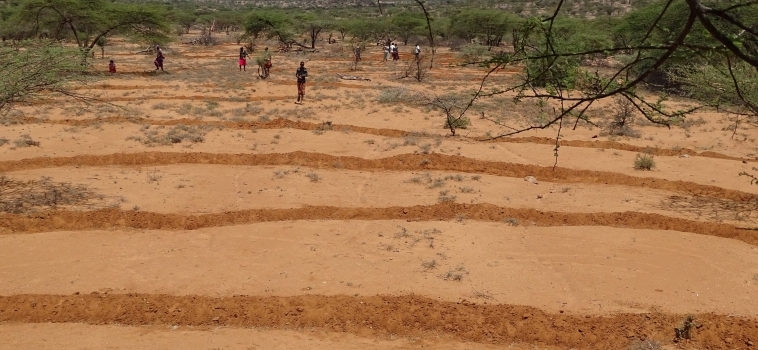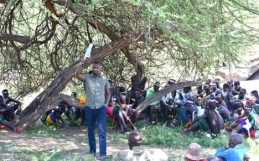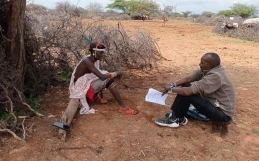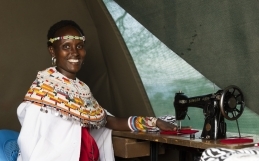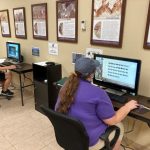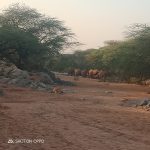When Ngeeti Lempate (known as Mama Grevy) learnt how she could restore rangelands, after attending one of our training workshops in 2019, she made a decision to spearhead these efforts in her community at Remot village. Her transition from veteran Grevy’s Zebra Scout to Grassland Champion has been incredible to watch.
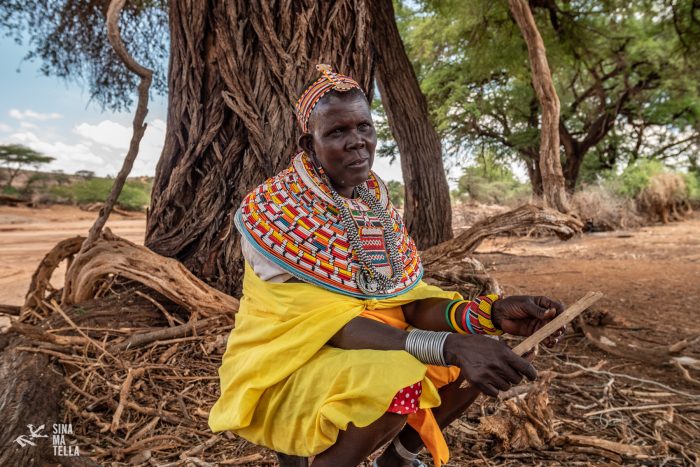
@Sinamatella – Mama Grevy
She started off by harnessing the power of the women in her community. Soon, their passion and commitment became infectious, and the elders were inspired to join them. As a community, the people of Remot are now voluntarily implementing erosion control measures and reclaiming their grasslands for their own livelihoods and their wildlife.
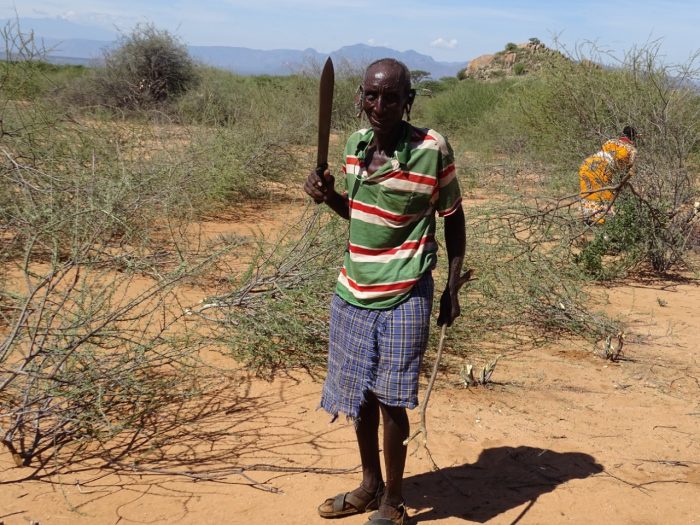
@Grevy’s Zebra Trust
This is a milestone in our work. Traditionally, there has been a culture of dependence created by other NGOs in the landscape, where short-term livelihood projects are undertaken that have payments attached to them. For example, there is an expectation that attending a meeting convened by an NGO will result in a per diem. Or, to do any land restoration work such as clearing invasive species or grass planting, community members must be paid.
The difference here is that this work is fully owned and driven by Mama Grevy and her community. They are contributing their own money towards communal food for when they are digging the erosion control bunds. They want to make this change for themselves, and they are taking 100% responsibility for the health of their land and their future. This is the key to sustainability.
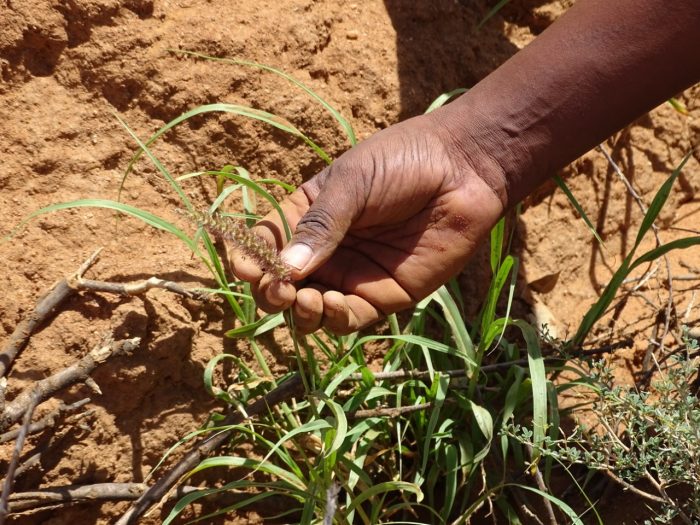
@Grevy’s Zebra Trust
“We are privileged differently; not all of us can afford a meal in the evening, however, we are all willing to come and restore our land because we understand the outcome.” Elder Leripe, Remot village.
GZT works in partnership with Westgate Community Conservancy to provide training in holistic land and livestock management and restoration methods. To take this work to scale, we need to buy more equipment and provide further training to other villages.
